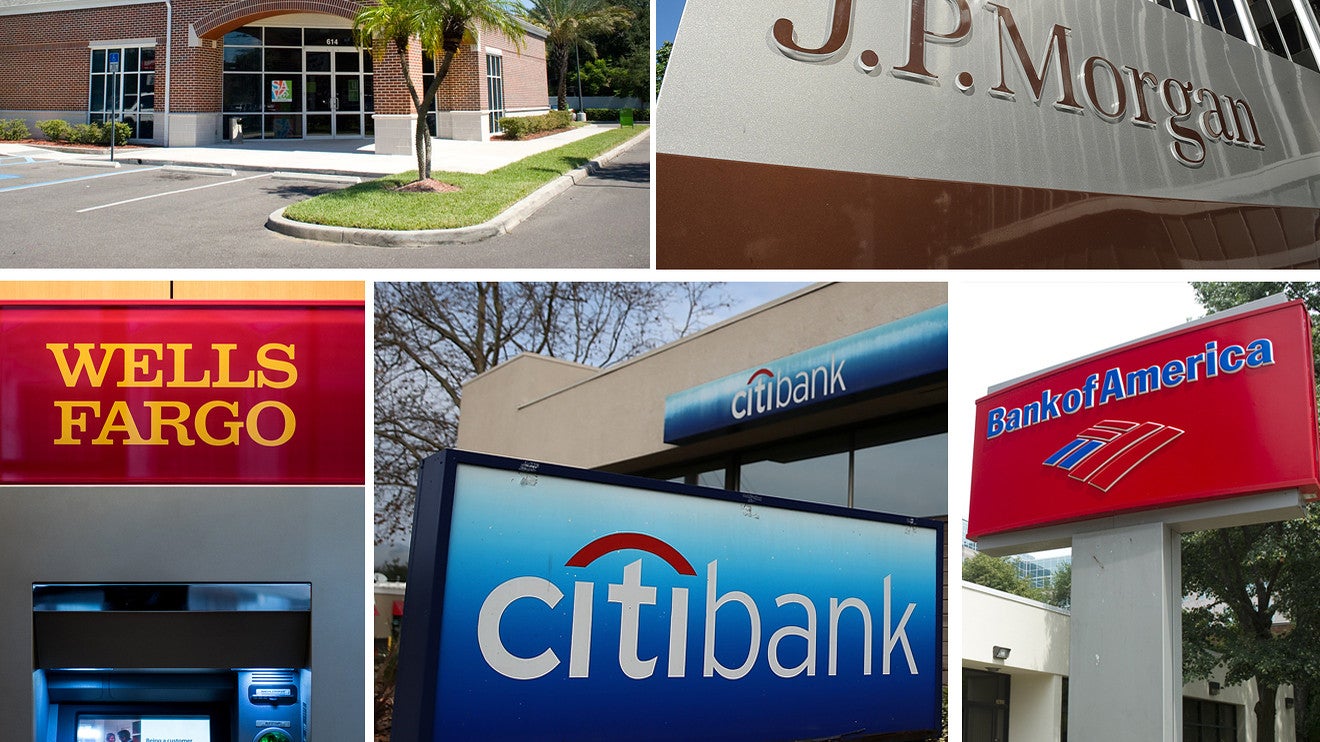
America’s biggest banks have asked the federal government to give them some regulatory relief to better enable them to weather the storm of the coronavirus pandemic.
The banks argue that a reduction of the restrictions on banks should be an integral part of the government’s efforts to mitigate the economic impact of the coronavirus.
The Bank Policy Institute, an advocacy group representing America’s leading banks, would like to see lower capital requirements and the easing of banks’ periodic stress tests, among other relief measures.
The Federal Reserve could “make changes to its bank regulations or enact promptly already planned regulatory changes that would not reduce safety, soundness or financial stability,” the group said.
Some bankers have been expressing concern that post-financial crisis rules could limit their ability to lend to troubled companies during an economic downturn.
“Actions the Fed Could Take in Response to COVID-19”
The trade body’s recommendations are contained in a public document entitled “Actions the Fed Could Take in Response to COVID-19.” It is signed by CEO Greg Baer, head of research Francisco Covas, chief economist Bill Nelson.
How well do you really know your competitors?
Access the most comprehensive Company Profiles on the market, powered by GlobalData. Save hours of research. Gain competitive edge.

Thank you!
Your download email will arrive shortly
Not ready to buy yet? Download a free sample
We are confident about the unique quality of our Company Profiles. However, we want you to make the most beneficial decision for your business, so we offer a free sample that you can download by submitting the below form
By GlobalData“The COVID-19 epidemic is projected to reduce economic activity, may reduce market liquidity, and could generate a flight to quality from risk assets to federally insured deposits at banks,” the authors wrote.
“In addition to easing monetary policy, the Federal Reserve could take […] steps to allow banks to continue providing credit to businesses and households and liquidity to financial markets.”
They suggest the Fed cuts reserve requirements, currently set at 10 percent of transaction accounts, to zero.
They also call on the Fed to extend collateralised loans to financially sound commercial banks through its primary credit facility, the “discount window.” The Fed could take steps to make the discount window a more viable source of bank funding, the authors added.
“The Fed could also make modest changes to current or proposed capital requirements that would support the ability of banks to provide credit to the economy and be able to accommodate large amounts of deposit inflows in the event of a flight to safety,” the document reads.
“Opportunistic and unnecessary,” say the critics
Many experts have blasted the recommendations as an obvious attempt by big banks to cash in on fears whipped up by the fast-spreading coronavirus.
The banks’ proposals are “transparently opportunistic,” said Jeremy Kress, an assistant law professor at the University of Michigan School of Business.
For years, the banking industry resisted calls for higher capital requirements that could have been used as a buffer, or a rainy-day fund, during economic turmoil, he said. Those buffers could have been turned off now to give the industry more flexibility to make loans during the current economic uncertainty, Kress said.
But without those buffers reducing existing capital requirements, which are currently set at minimum levels, the timing could be risky, he warned.
Kress pointed out that the whole idea of capital requirements and stress-testing banks is to make sure they have enough cushion to absorb losses during an economic crisis.
US Senator Sherrod Brown (D-Ohio), ranking member of the Banking Committee, said: “It’s not the time to reduce financial system protections to bolster the bottom lines for Wall Street.”
The banking industry has scored significant wins rolling back regulations during the Trump Administration.
Treasury Secretary Steven Mnuchin told reporters after a hearing on Capitol Hill that he is talking to bank regulators about potential regulatory relief measures.







